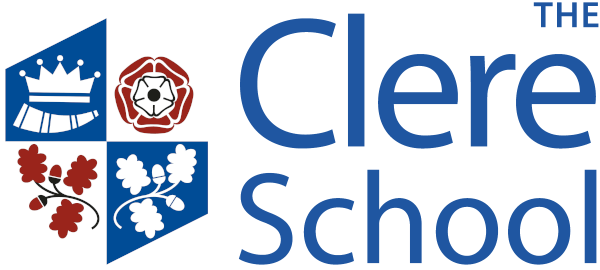Every teacher is a teacher of children with special educational needs. Teachers therefore have a responsibility to consider the individual needs of every child in their class, and to ensure that they present the curriculum in a way that enables each child to access it at an appropriate level. To enable all pupils to make good progress, the school may recommend particular adaptations or modifications to the curriculum, in line with the SEN Code of Practice.
Where appropriate, a ‘Staff Awareness’/Pupil Passport document may be written to share information about a child’s needs and to ensure that effective strategies are implemented across the curriculum. These are drawn up collaboratively, with involvement from the child, parents, subject teachers and the SENDCo.
For pupils with an Education, Health and Care Plan (EHCP), this Staff Awareness document will incorporate the short term targets agreed in the Annual Review that will support the pupil in reaching their eventual learning goals. In addition to accessing the mainstream curriculum, these pupils may follow an intervention programme to support them in achieving these targets.
At times, the school may request additional support from external agencies and other professionals, to ensure that a particular child’s needs are met.

